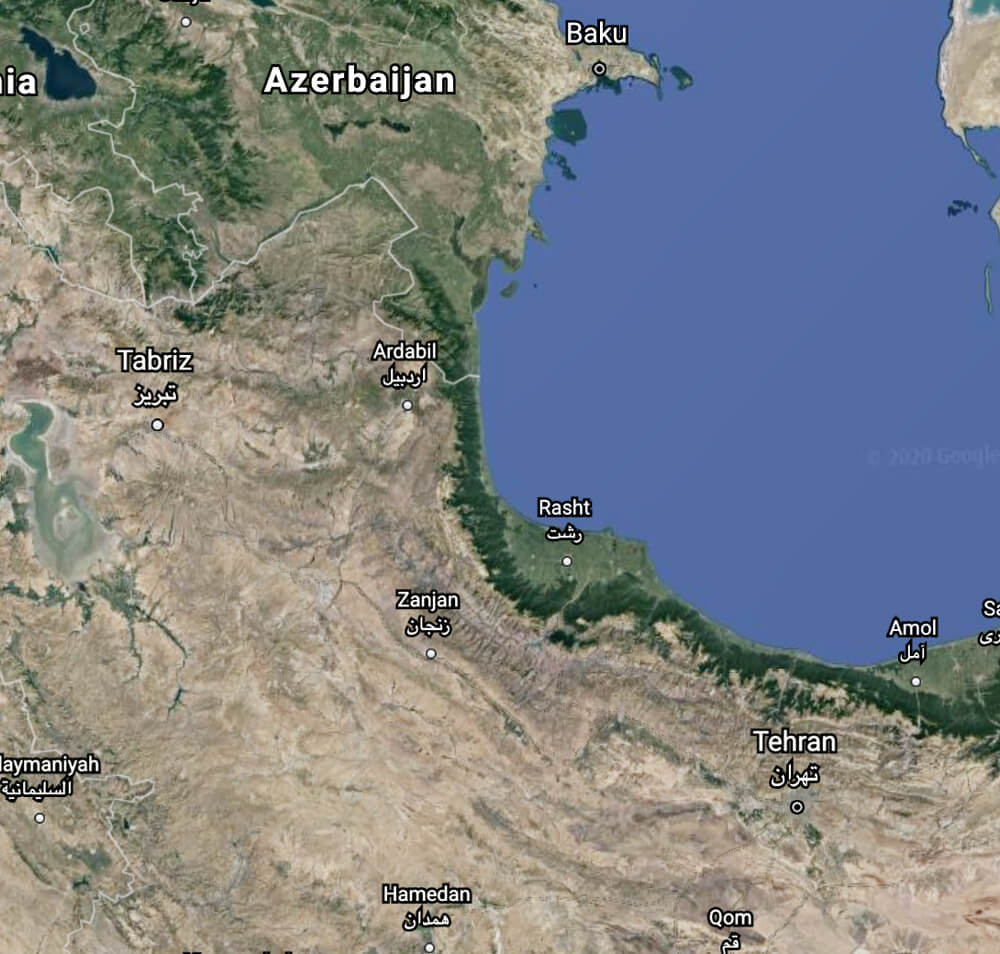This is one of the big questions raised by The Primary Objective. With the world waking up to the realities of climate change the race to develop alternative sources of energy that don’t rely on fossil fuels is on.
Oil and gas are central sustaining pillars of national economies the world over is now threatened as never before as sustainable alternatives from wind, wave and solar start to be commercially available.
Whilst some predict a new age of nuclear with enhanced safety controls , other are hailing the development of hydrogen as the solution that could save the planet.
The implications of this are still not fully explored, but it is clear if their major markets decline those countries whose wealth has been traditionally built on oil will need to diversify.
Some of the more developed energy economies are already doing this, ploughing millions from their export earnings into developing the technology necessary to retain their market leading positions.
But others are not looking so far ahead – concentrating on building their share of shrinking markets.
Add to the present impact on global travel caused by the pandemic and countries such as the UK already deciding to ban sales of petrol and diesel vehicles by 2030 and it is clear the winds of change are blowing.
What will this mean in the Middle East and in the setting for The Primary Objective?
A decline in hostilities or just a different narrative to go with traditional enmities?
Who knows but it goes to show the power of economics to shape world events.
